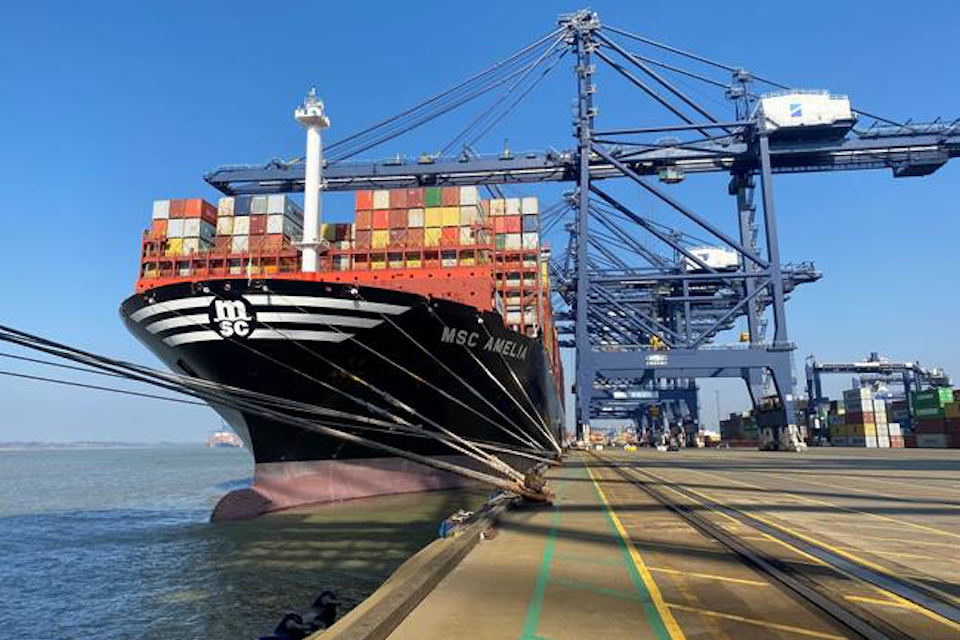Strike Day Two: British ports to take the first hit

UK transport secretary Grant Shapps is adamant that the strike on the railways of Great Britain will not lead to empty supermarket shelves or disrupted power station fuel deliveries. However, there is nothing good about curtailed freight train movements, which commentators claim are down by fifty per cent. If half the freight trains are not running, then there is little prospect of freight deliveries and supply chain issues getting any better. Nowhere is that more apparent than in the UK ports.
Do you want to read the full article?
Thank you for visiting RailFreight.com. Become a member of RailFreight Premium and get full access to all our premium content.
Are you already a member?
Having problems logging in? Call +31(0)10 280 1000 or send an email to customerdesk@promedia.nl.




